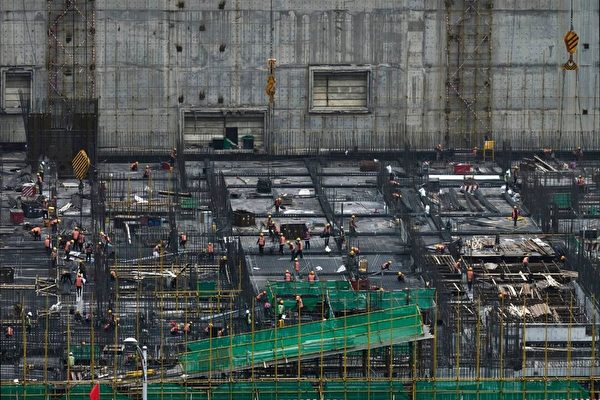Economists and the general public generally consider inflation to be a bad thing.
Inflation erodes purchasing power, making the actual prices of goods and services higher and causing people to be more uncertain about future decisions such as investments and job locations. However, after a recent drop in prices, China is facing the opposite problem of prices tending to remain stable. So, if China needs inflation, why can’t it achieve it?
In fact, it is a misconception to think that economists do not want inflation to occur. In reality, the prevailing economic consensus believes that the central bank should set a low inflation rate of around 2% as the target and maintain a stable inflation rate. During normal times, a 2% to 2.5% inflation rate is considered “moderate and appropriate”, not too high to hinder economic growth, but high enough during economic downturns to stimulate growth.
While most of the public does not pay much attention to inflation expectations, economists often focus on central banks spending a lot of effort to make predictions. Inflation expectations are crucial because they influence many decisions made by consumers and businesses, creating a feedback loop. If consumers expect prices to rise in the future, they may make immediate purchases, leading to price increases, thereby confirming their expectations. The central bank aims to stabilize low inflation expectations.
All countries, especially high-debt countries like China and the US federal government, need low inflation and low interest rates. For example, if a government pays a 1% interest rate for long-term bonds, but the inflation rate averages at 2%, the government is effectively paying a real interest rate of -1%.
In order to manage economic growth, inflation, and interest rate expectations, central banks initially assume that the problem lies in excess demand. Whether it’s due to low interest rates, excessive borrowing by businesses and consumers, or a large government deficit that boosts economic activity beyond the long-term growth rate, leading to inflation. However, what if this idea is wrong, and the driving force behind inflation is not excess demand but excess supply?
China has a very low consumption rate, with most economic activities being driven by investment in real estate, infrastructure, and industrial development. When there is oversupply in another industry, such as from real estate to manufacturing, the prices of goods will fall. Therefore, if a country’s inflationary dynamics stem from large-scale oversupply, pushing prices down, coupled with a government focusing on increasing industrial investment, what effect will lowering interest rates have?
If the problem of deflation is too little demand, then lowering interest rates will help increase demand by stimulating investment. However, if the issue lies in excess supply, lowering interest rates will only increase investment and supply, leading to long-term price declines. In other words, contrary to the traditional view, lowering interest rates will not increase inflation but rather lower prices.
In reality, this is the dilemma China is facing. Over the past year, while real estate loans have stagnated, loans to the manufacturing and industrial sectors have grown strongly. Before the COVID-19 outbreak, producer prices were negative, and post-pandemic, producer prices slightly rebounded, but then turned negative again, dropping by 5% in July 2023 and recently by 3%.
Since most major industries heavily rely on government subsidies and incentives to sustain operations, new financing either supports businesses that should exit the market or establishes new capacity in already oversupplied markets. Interest rate cuts are usually seen as the best channel to promote inflation. Still, with the injection of new capacity and businesses struggling to survive, interest rate cuts may exacerbate inflation.
The reality is that this is a political decision, with no simple solution. Central banks in the US and Europe maintain their independence, while the People’s Bank of China, like everything else in China, is a political animal obedient to the Communist Party. Beijing has announced plans to lead production, especially in critical high-tech sectors. In other words, although this may lead to deflation, the Communist Party has no intention of changing its monetary policy to promote higher-quality growth.
If economics were allowed to function, then policy analysis and how to address interest rate issues would be straightforward, even if some things are outside the normal framework. However, under the guidance of the Communist Party, there is no expectation of rational discussions on economic issues.
*The author profile has been omitted for brevity and clarity purposes.*

